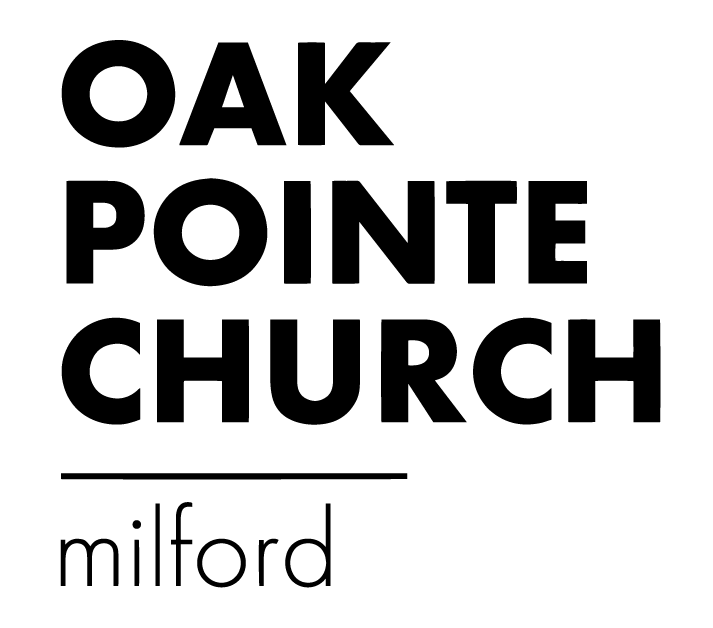
Use this devo as you are able, in whole or in part. Don’t feel compelled to read it all. Simply read and meditate upon whatever catches your attention. The goal is enjoying time with God through His Word and in prayer. Questions about the devotional elements?
Call to Prayer
“How good and pleasant it is when God’s people live together in unity!” (Ps. 133:1)
Prayer of Confession
Just and forgiving God, I want to repent of my “repentance.” I’ve tried to repent, usually out of fear or anxiety, and sometimes as a pious way to earn your forgiveness.
But when I see the beauty of your kindness, when the mercy of Christ grips my heart, I’m led back to you.
Today, I joyfully turn from all my sin and walk in your ways because of your acceptance of me. Amen. (a prayer based on the Westminster Confession, 15.2)
*Prayer borrowed from Philip Reinders’ Seeking God’s Face: Praying with the Bible through the Year
Reading Plan
This reading plan will help you to develop the habit of being in God’s Word each morning and evening. Come to this time with expectation. Expect God to reveal himself to you. Expect that he delights in you being there, even when you’ve wandered away. Growing a spiritual habit is a slow, patient process. So be kind to yourself as you grow!
Readings are hyperlinked. Simply hover over the passage or click Morning/Evening Reading (email version).
Morning Readings:
Pray Psalm 8 | Read 2 Peter 1
- Praying the Psalms: Read slowly. Take note of words and phrases. Bring them before the Lord in prayer and personalize the passage as you pray.
- NT Context: “The two letters Peter wrote exhibit the qualities of Jesus that the Holy Spirit shaped in him: a readiness to embrace suffering rather than prestige, a wisdom developed from experience and not imposed from a book, a humility that lacked nothing in vigor or imagination.” Meditate on the passage, noting a few words or a phrase that stood out. Take them to God in prayer.
Evening Readings:
Pray Psalm 3 | Read Judges 15
- OT Context: “Twice in Judges (17:6 and 21:25) there is the telling refrain: “At that time there was no king in Israel. People did whatever they felt like doing.” But we readers know that there was a king in Israel: God was king. And so, while the lack of an earthly king accounts for the moral and political anarchy, the presence of the sovereign God, however obscurely realized, means that the reality of the kingdom is never in doubt.” Reflect on the passage. Who was the original audience, and what was their situation? How is that relevant to you today?
Sermon Devo
Read: Acts 16:11-15, 25-34 + Acts 20:20
We often get caught up in thinking of discipleship as some sort of easy to replicate assembly line process. But, in the book of Acts, multiplication in discipleship was both fast and slow. Consider Acts 20:20 where, after an initial flurry of gospel proclamation, Paul spent 2+ years in Ephesus teaching “from house to house” whatever would be helpful so that the gospel would take deep root in their lives.
But notice the location where discipleship was taking place. Discipleship was primarily a household activity. Again Gospel Christianity helps us.
“In Acts the main method of evangelism is not a program or a well-oiled scheme. Rather it is, literally, “household gospelizing” (10:2, 24; 16:15, 31; 18:8). Oikos is the Greek word for “household,” but it means far more than the nuclear family. A Greco-Roman household contained not only several generations of the same family, but also servants, their families, friends and business associates.
An oikos is a web of common: a) kinship affinity (relatives); b) geographical affinity (neighbors); c) vocational affinity (co-workers); d) associational affinities (special interest colleagues); e) just plain friends.
Oikos evangelism is the most personally demanding of all methods, because it requires that you be a changed person, transformed by the gospel. Your life is the main attractor and evidence for the truth of the faith. In oikos evangelism, your life is under observation by those who don’t believe. You can’t run and you can’t hide!…Oikos evangelism is also non-manipulative. The person outside the faith is “in the driver’s seat.” He or she gets to raise questions and determines the speed of the process. There is no canned presentation. They a get a very good view of how Christianity works in a life.
In short, all the advantages of oikos evangelism are for the person who does not believe, not for the believer. No wonder it is so effective!”
Reflect: Think through your oikos (relatives, neighbors, co-workers, colleagues, and friends). Where is God currently calling you to be involved in discipleship?
Evening Prayer of Examen
- Where did you move with or feel close to Jesus today?
- Where did you resist or feel far from Jesus today?
- Where is Jesus leading you tomorrow? Ask for joy as you follow him.
Benediction
“I pray that out of his glorious riches he may strengthen you with power through his Spirit in your inner being, so that Christ may dwell in your hearts through faith.” (Eph. 3:16-17)
